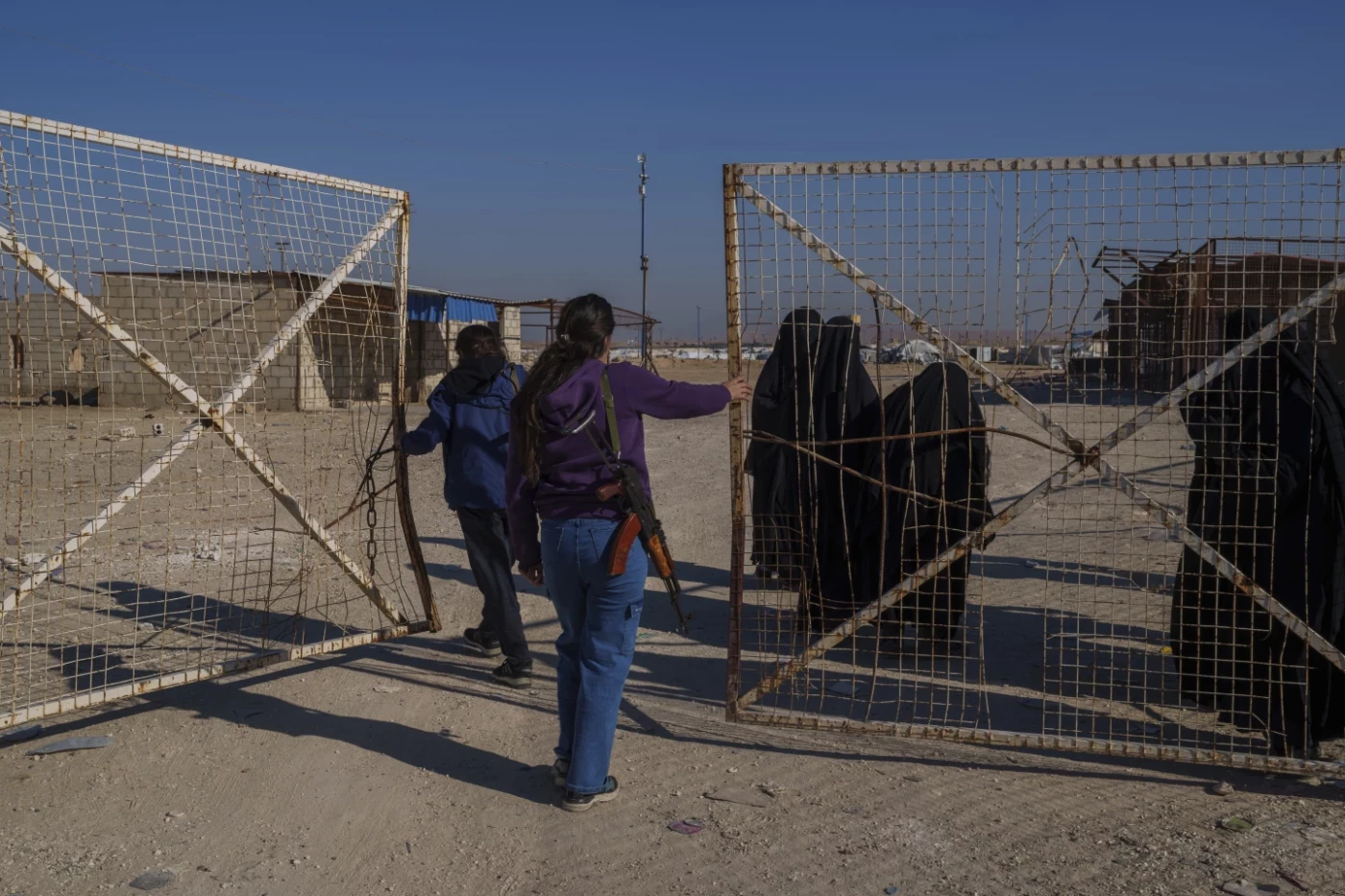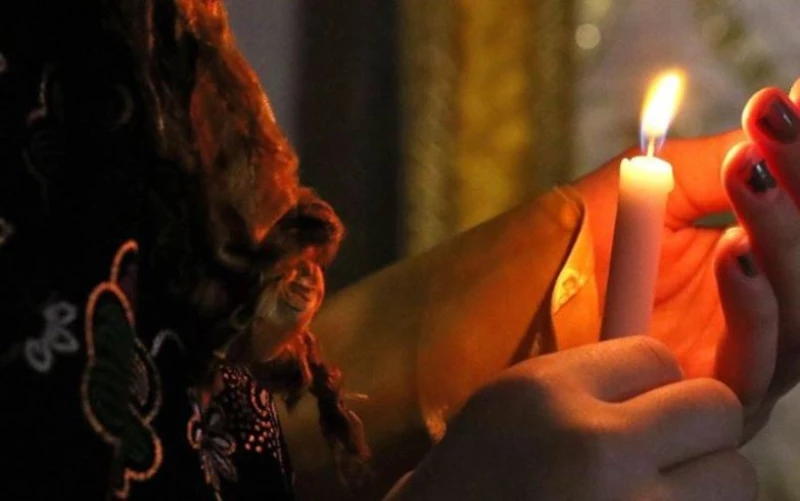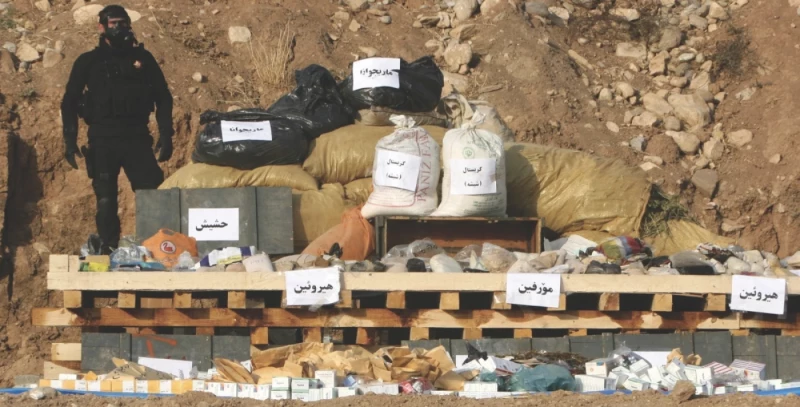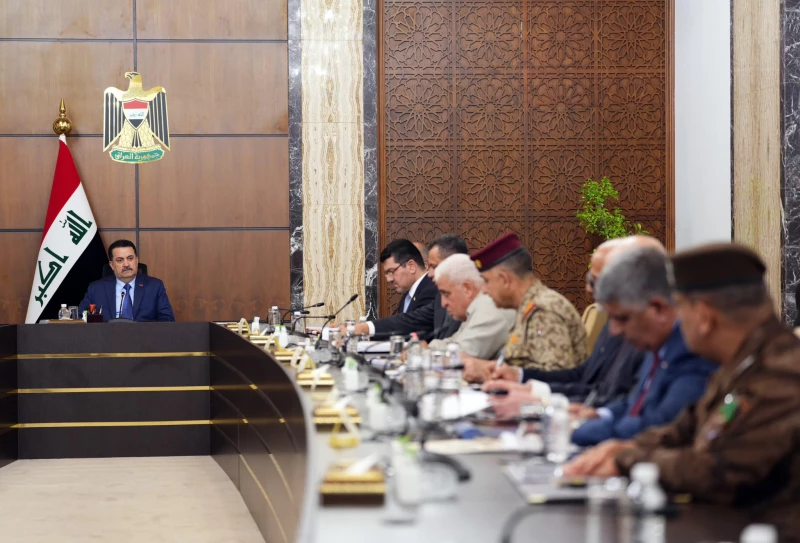ERBIL, Kurdistan Region of Iraq - In the midst of political and security complexities, the al-Hol camp issue in Syria has once again come to the forefront. This comes alongside the Iraqi government's announcement of its continued efforts to repatriate its citizens from families linked to the Islamic State (ISIS), amid concerns over the security and social challenges that this process imposes.
Despite governmental plans to rehabilitate these families and integrate them into society, a major financial obstacle has emerged. This issue led the Ministry of Migration and Displaced Persons to propose halting repatriation operations due to a lack of allocated funds, especially following the cessation of American aid that had supported these efforts.
Just a few days ago, the Iraqi Ministry of Migration and Displaced Persons proposed to the government the suspension of the repatriation of ISIS families from the Hol camp in Syria to the al-Jada camp in Nineveh, citing “budgetary problems.”
According to the ministry’s spokesperson, Ali Abbas, this proposal was submitted to the relevant authorities after the return of convoy number 21, which consisted of former ISIS families.
Located in northeastern Syria (south of the city of al-Hasakah), the Hol camp is considered one of the most complex in the region. It houses families of ISIS members along with refugees and displaced persons from various countries. Despite repeated warnings that the camp could turn into a breeding ground for extremism, the process of evacuating and repatriating its residents continues to face significant political and security obstacles.
Washington has abandoned the issue
An Iraqi government source speaking to The New Region stated that “the Hol camp issue, which includes families from more than 50 nationalities, is not solely an Iraqi responsibility but represents an international challenge that requires joint cooperation among the concerned countries.”
The source, who requested anonymity, added that “the Iraqi government continues to coordinate with the United Nations, international organizations, and the countries to which the detainees belong to find solutions and withdraw their citizens from the camp.”
He pointed out that “many families of different nationalities remain stranded, which makes resolving this issue an international responsibility, not just an Iraqi one.”
According to the source, the Iraqi government has developed well-thought-out plans and programs for the repatriation of Iraqi families in the camp, confirming that “the repatriation of these families is being carried out under comprehensive security and humanitarian procedures to ensure their safe and sustainable integration into society.”
The source further revealed that “there are educational and counseling programs in place to rehabilitate these families, in addition to plans for their gradual integration into society, taking into account the security and social challenges that may arise from this process.”
Regarding the Ministry of Migration and Displaced Persons’ proposal to terminate the camp files, the source explained that “the proposal came as a result of insufficient budget allocations, especially after the cessation of American aid, which has affected the government’s ability to manage this sensitive issue.”
He also noted that “international support for this matter has diminished compared to previous years, placing an additional burden on Iraq in managing this complex issue, especially given that there are thousands of families in need of rehabilitation and social integration.”
On January 20, 2025, US President Donald Trump ordered the “suspension of all foreign aid to the US Agency for International Development,” a significant portion of which had been allocated to the Hol camp issue and the displaced families of ISIS residing there.
According to some international relief officials, the measures taken by President Trump’s administration to reduce US foreign aid funding risk destabilizing two camps in northeastern Syria, which are currently housing tens of thousands of people accused of affiliation with ISIS.
The issue constitutes a "global challenge."
On February 9, 2025, Iraq received a new batch of ISIS families from the Hol camp, 155 families comprising 569 individuals, in coordination with the camp administration.
According to the camp management, this batch is the fourth in 2025 and the 21st since the start of efforts to extract Iraqis from the camp in coordination with the Iraqi government.
Political analyst Nasser Duraid stated that “Iraqi-Syrian relations are currently experiencing severe complications.”
He pointed out that “Iraq is witnessing sharp internal divisions regarding how to deal with the Syrian regime, with positions ranging from supporting normalization of relations to calls for boycott, and even demands for political warfare.”
Regarding the Hol camp file and the repatriation of Iraqi families from it, Duraid noted that “this issue is not primarily political, but rather is due to two main factors: first, the financial crisis that Iraq has been suffering from since the establishment of the current regime, which has worsened due to inefficiency, mismanagement, and widespread corruption across various sectors, leading to a chronic financial deficit.”
The second factor, according to Duraid, is “the political and programmatic incapacity in dealing with the families of ISIS members.” He further believes that “Iraq lacks a clear strategy for accommodating and rehabilitating these families.”
Duraid added that “this issue constitutes a global challenge, as most countries hesitate to repatriate their citizens affiliated with ISIS, given the difficulty of reintegrating them into society.”
“Iraq is in an unstable internal situation, which makes it unable even to reassure its ordinary citizens about their future in the country, so how can it handle the return and rehabilitation of thousands of families associated with ISIS?” He detailed, saying,“Iraq hosts one of the largest ISIS-affiliated communities, making this issue more complex compared to other countries.”
According to Duraid, “the American administration, especially during the current President Donald Trump's tenure, was close to abandoning support for the Syrian Democratic Forces (SDF), which is responsible for managing and protecting the Hol camp.”
He pointed out that “the United States played a major role in providing financial and military support to the SDF to ensure the continuity of camp management and regional security, but with the reduction or complete withdrawal of this support, the SDF will face major challenges that could lead to a collapse of its control over the camp, thereby opening the door to serious security threats.”
Duraid concluded by saying that “Iraq faces unprecedented challenges regarding the Hol camp issue and the rehabilitation of returning families,” noting that “the lack of strategic planning and rampant corruption further complicates dealing with this crisis.”
The file does not pose any financial burden
Last month, Kurdish authorities in northeastern Syria stated that they “expect escape attempts from the detention centers that house members of the organization [ISIS], and they refused to hand control of them over to the new transitional government in Damascus.”
They added that “the expected acts of violence are due to the complex security challenges in Syria, where the Syrian opposition established a transitional government after the overthrow of Bashar al-Assad, and they are holding talks with the authorities in northeastern parts of the country to place all security forces under Damascus’ control.”
Qasim al-Sultani, an economic expert, told The New Region that “the repatriation of ISIS families to Iraq does not impose any significant financial burden on the Iraqi government.”
He noted that “the government is using the current lack of liquidity as an excuse when it is primarily suffering from the issue of securing staff salaries.”
Sultani added that “this file does not require large sums of money, since most families have households in the provinces, and thus it does not entail significant expenses; only the rehabilitation process requires financial allocations, and these are not substantial.”
Meanwhile, economic expert Mohammed Fakhri stated that “the rehabilitation operations managed by a specialized committee headed by the Ministry of Migration and Displaced Persons are ongoing, involving multiple government entities, including the advisory body, with the participation of experts in psychology and psychological operations to ensure comprehensive rehabilitation.”
Fakhri explained that “the funding for these operations is provided through the budgets of the Ministry of Migration and Displaced Persons and the Prime Minister’s Office, with discussions about contributions from international organizations to support this project,” adding that “the working mechanisms in place allow for accommodating any additional numbers using the same administrative and financial approach.”
“The Kurdistan Regional Government is aware of the progress of this work,” he said, while noting that “the security and political dimensions remain present in this process, especially in light of regional developments and ongoing negotiations regarding the stability of the vision with Syria.”
According to the US government’s external aid dashboard, the US spent $460 million on humanitarian aid in Syria by 2024, but it did not specify the amount of this aid that went to the northeast (Hol camp).
The Acting US Ambassador to the United Nations, Dorothy Shea, remarked that “US aid to the Hol and Roj camps cannot continue indefinitely.”
Using budget allocations as an excuse is a big mistake
On the security front, high-ranking sources in the Iraqi Border Guard told The New Region that five people in the Hol camp managed to escape from the camp last Friday night amid escalating security challenges in the camp.
This incident comes amid growing concerns about the deteriorating security situation within the camp, adding further challenges for the authorities responsible for its management and security.
“The Iraqi government’s justification of a lack of financial budget to repatriate Iraqis from the Hol camp is a grave mistake; however, the bigger problem than the financial allocations is the issue of proving the Iraqi identity of those returning from the camp,” Adnan al-Kanani, who held a high-ranking position in the Iraqi army and now works as a security analyst, told The New Region.
Kanani added that “there are 30,000 people said to be Iraqis in the camp, but the children of women who married are not considered Iraqis, according to Islamic and Iraqi laws, which stipulate that children belong to their fathers,” explaining that “these children have absorbed the ideas of the terrorist organization [ISIS], and their return to Iraq would be dangerous.” He further commented, “there are terrorist cells present in Iraq that will work to exploit these children, in addition to the possibility of them being exploited by some Iraqi politicians to destabilize security to push certain agendas.”
The Iraqi government is conducting DNA tests on the returning children.
According to Kanani, “after verifying their nationalities, they are rehabilitated psychologically outside Iraq, after which they are handed over to their tribes under government regulations to prevent any future crimes.”


 Facebook
Facebook
 LinkedIn
LinkedIn
 Telegram
Telegram
 X
X



